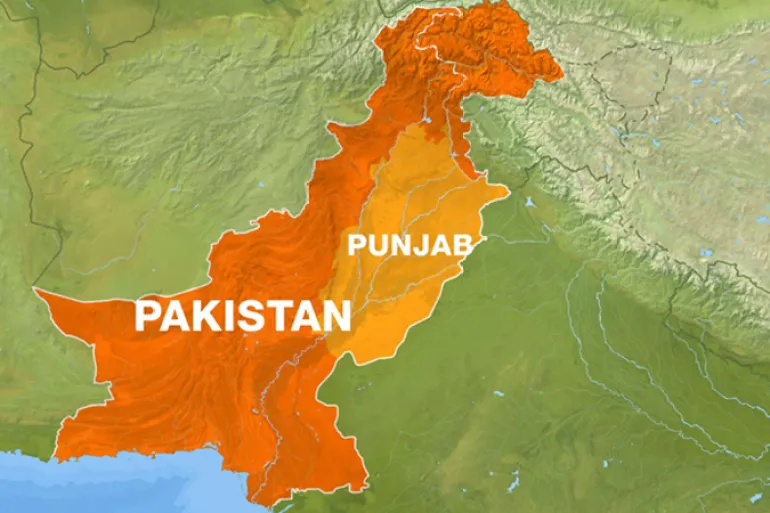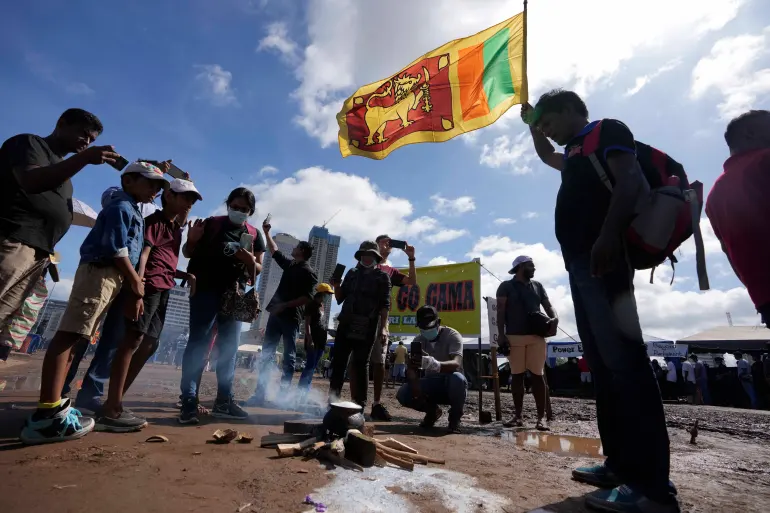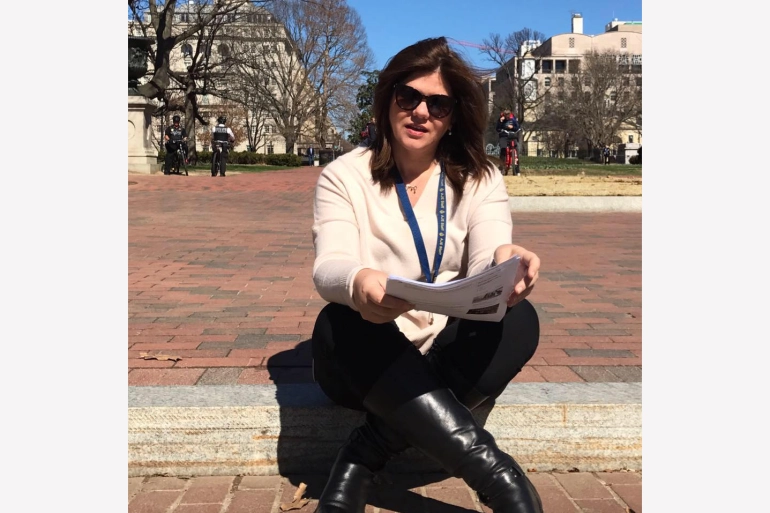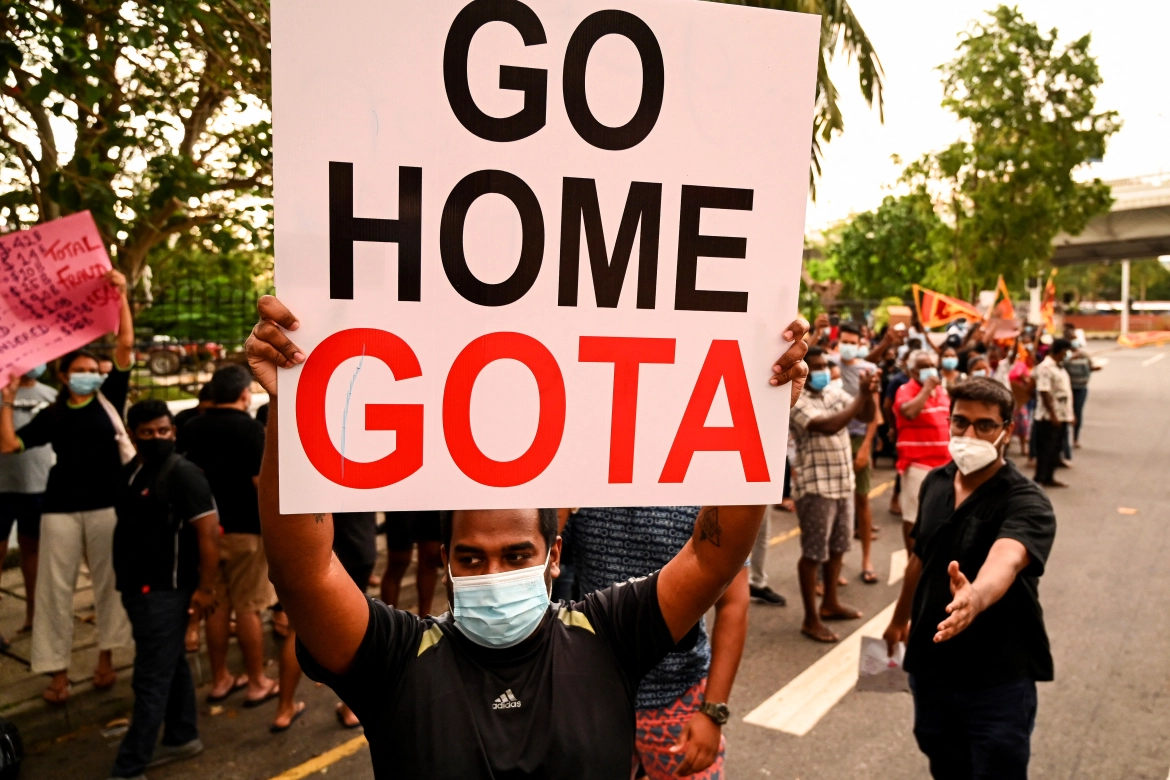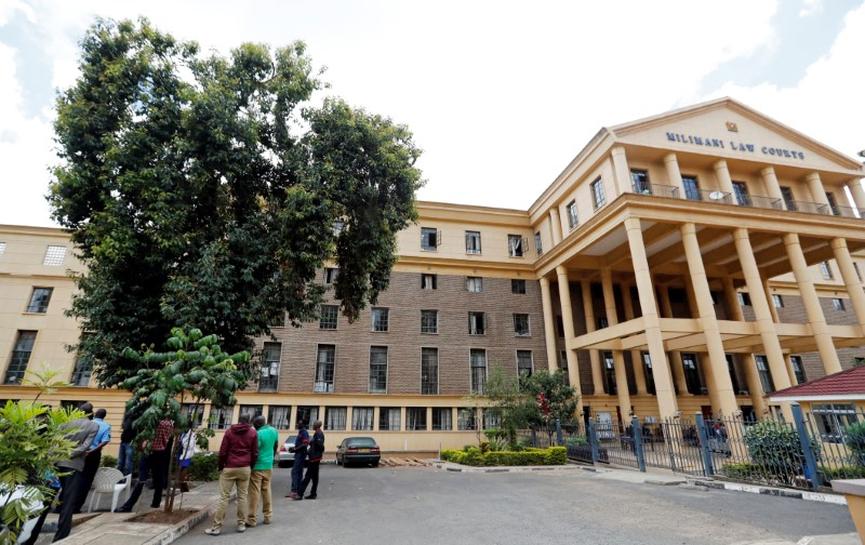‘It opens the door’: Reactions to Biden’s recognition of Armenian genocide
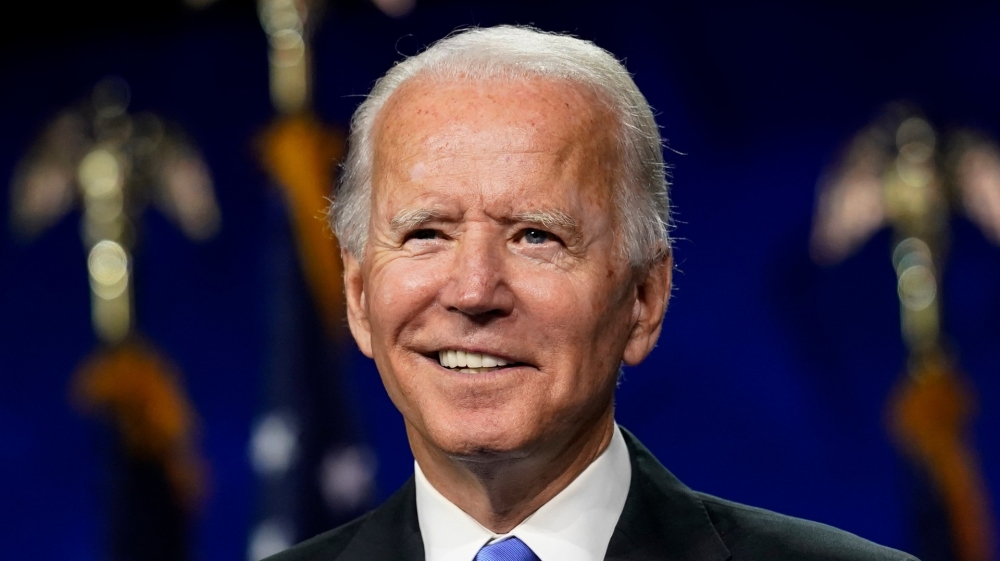
US President Joe Biden
On Saturday US President Joe Biden recognised the 2015-2016 Armenian genocide, becoming the first US president to do so.
Biden officially recognised the massacre of Armenians under the Ottoman Empire as a genocide. The recognition follows after the US House of Representatives overwelmingly voted in favour of recognising the genocide in October 2019.
In a statement that marked the 106th anniversary of the start of the massacre start, Biden wrote: ‘Each year on this day, we remember the lives of all those who died in the Ottoman-era Armenian genocide and recommit ourselves to preventing such an atrocity from ever again occurring.’
The massacre of Armenians was one of the earliest genocides of the twentieth century, a century later described by US academic Samantha Powers as ‘the age of genocide.’
The genocide involved the systematic killing of approximately 1 million Armenians in the Ottoman empire following the Battle of Sarikamish.
Turkey has acknowledged the deaths of Armenians in the Ottoman Empire during World War I, but has consistently and vehemently denied that the killings were systematically orchestrated and that it constitute a genocide.
In a statement, Turkey’s foreign ministry rejected Biden’s statement as being without any ‘scholarly and legal basis’ and said the conditions required to describe the events as a ‘genocide’ are not met under international law.
Turkish Foreign Minister Mevlut Cavusoglu tweeted: ‘We have nothing to learn from anybody on our own past.’
External pressure to hold Turkey accountable for the Armenian genocide has long been affected by Turkey’s geopolitical importance.
Meeting the definition
Commenting on Biden’s decision, the London-based barrister and author Philippe Sands said to Al Jazeera: ‘The killing of the Armenians in 1915 meets the modern definition of genocide, namely the intention to destroy the group in whole or in part. Rafael Lemkin, who invented the term in November 1944, was motivated in large part by those terrible events to think about the need for a new crime, and he certainly characterised the Ottoman actions as genocidal.
Historical reckonings
The term ‘genocide’ was recognised by the UN General Assembly as a crime under international law in 1946. The UN Genocide Convention followed in 1948.
Sands points out that since the crime of genocide only became part of general international law after the Second World War, it creates the problem that ‘laws cannot, generally, be applied retroactively.’
He says: ‘President Biden’s recognition is therefore essentially political in character, although that does not diminish its force or significance. It means, however, that he and the US are bound to accept that historic acts occurring in the US – the destruction of native American communities, slavery and the lynching and other terrible actions against the Black community – may also be characterised as genocide or as crimes against humanity, depending on the facts.
Sands added: ‘Biden’s designation opens the door to other historic reckonings, and to the application of modern international criminal laws to other acts and horrors that occurred long ago.’
In a statement applauding the recognition of the Armenian genocide Freedom House has echoed this sentiment stating: ‘Countries and societies are stronger when they confront their histories of racism, dispossession, and violence, and do not deny them.’
- Most Viewed
- Most Popular


